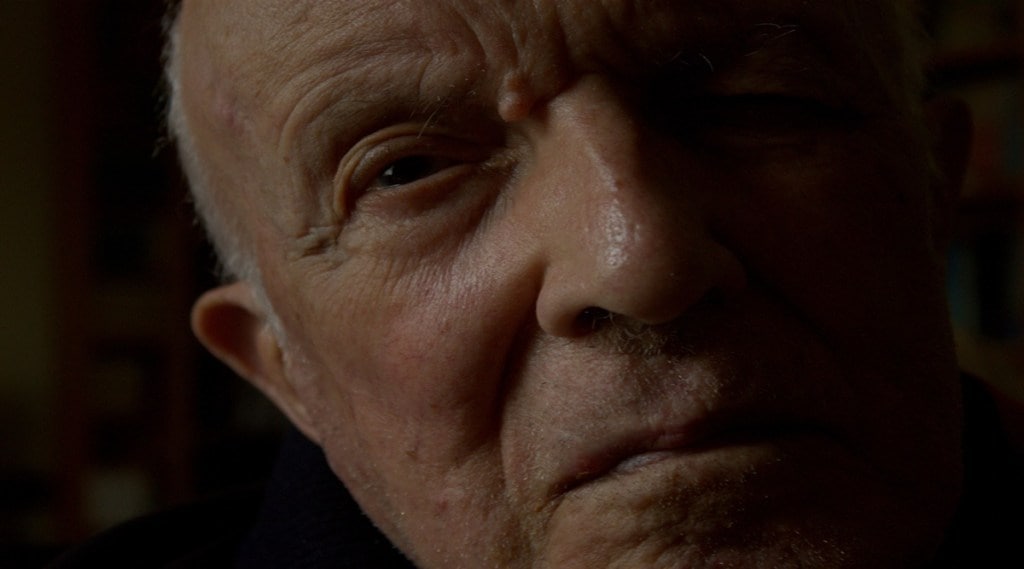By Rajat Goel
India, with its staggering population and diverse demographics, is facing an urgent and substantial mental health crisis that demands immediate attention. The pervasive nature of mental health disorders, spanning depression, anxiety, bipolar disorder, schizophrenia, and substance use disorders, has surged to alarming levels nationwide, affecting individuals from all walks of life. The most recent survey conducted by India’s National Institute of Mental Health and Neurosciences (NIMHANS) highlights a sobering statistic: nearly 150 million Indians require mental health care services, yet only a fraction, less than 30 million, actively seek assistance. Beyond personal suffering, untreated mental disorders cast a shadow on daily functioning and impose substantial social and economic costs. A study by the World Health Organization (WHO) emphasizes the scale, projecting the economic toll of mental health disorders in India to be a staggering US$ 1.03 trillion.
ALSO READ
Budget 2024 Live Updates: Union Budget 2024 Live Streaming, FM Nirmala Sitharaman Budget 2024 Speech Live
Railway Budget 2024 Live Updates: Indian Rail Budget 2024 Live Streaming
Budget 2024 Income Tax Live Updates: Income Tax Slab Rate Change Budget 2024 Live Updates
Budget 2024 Stocks to Focus: Union Budget 2024 Impact on Share Market Today
Despite the escalating data highlighting the rise in mental health issues, the allocation by India’s Health Ministry in 2022 towards addressing psychological illnesses was less than 1% of the budget. As the nation grapples with this critical health challenge, the forthcoming announcement of the interim budget on February 01 by Union Finance Minister Nirmal Sitharaman has heightened anticipation within the mental health industry. Stakeholders are eagerly awaiting measures that will further fortify the nation’s mental wellness initiatives and provide the necessary resources to confront this pressing concern head-on.
Strengthening Mental Health Workforce
A critical deficiency in mental health professionals plagues India, with merely 0.3 psychiatrists, 0.07 psychologists, and 0.07 social workers available per 100,000 people. This alarming imbalance accentuates the imperative for the government to prioritize bolstering the ranks of qualified mental health professionals. Consequently, the Union Budget 2024 should designate resources for training programs and provide scholarships to aspiring professionals, addressing the prevailing gap. Given the continuous rise in the Indian population, rectifying this shortage must stand as a top priority.
Combatting Stigma and Raising Awareness
With one in every seven Indians grappling with mental disorders, onset as early as age 14, social stigmas and negative attitudes hinder individuals, especially the youth, from seeking help. Allocation of resources to comprehensive awareness programs, targeting all communities, is essential to destigmatize seeking mental health support. Considering that approximately one crore Indians experience severe mental disturbances demanding hospitalization and specialized treatment, it is even imperative to establish a dedicated fund as an integral component of this initiative to address serious mental illnesses.
Addressing Alarming Suicide Rates
Between 2019 and 2021, more than 35,000 students tragically took their own lives, as reported by Union Minister Abbaiah Narayanaswamy. Additionally, a recent study by Deloitte revealed that 80% of India’s workforce faces mental health issues. Despite these concerning statistics, social stigmas hindered 39% of affected respondents from addressing their symptoms. To counter the alarming suicide rates among students and corporate employees, mental health experts advocate for the integration of emotional wellness programs in educational institutions and corporations, aiming to improve accessibility and support.
Ensuring Psychotherapy Coverage in Insurance
Despite the increasing acknowledgment of mental health, securing insurance coverage for psychotherapy remains a challenge. It is imperative that the Union Budget takes a proactive approach in ensuring outpatient department (OPD) coverage for psychotherapy. This strategic step is critical to broaden access to mental health services and alleviate financial barriers for a more extensive segment of the population. Additionally, raising awareness about the inclusion of psychotherapy in insurance plans is essential to ensure that individuals are informed about the available mental health coverage options. This education can contribute to a more informed and mentally resilient society.
Supporting Healthtech Startups
Given the promising potential of healthtech innovations, it is crucial for the budget to earmark dedicated resources for startups harnessing deep technology within the mental health domain. This financial commitment, if approved, stands poised to propel groundbreaking technological advancements, ultimately enhancing the efficiency and accessibility of mental health support for a broader spectrum of the population. Additionally, such strategic investments can spur job creation and contribute to the overall growth of the health technology sector, aligning with the broader goals of economic development.
Conclusion
With the Indian mental healthcare industry poised at a potential market size of approximately $3 billion, it’s evident that the demand for comprehensive mental health support is rapidly expanding. To elevate the mental health industry to the next level, the forthcoming budget presents a golden opportunity to address existing gaps in infrastructure, workforce, and awareness. By allocating resources strategically, India can pave the way for a more resilient and mentally healthy future, improving the well-being of millions and reducing the economic burden associated with untreated mental health disorders
(The author is a Co-Founder at Emoneeds. Views expressed are personal and do not reflect the official position or policy of the FinancialExpress.com.)









